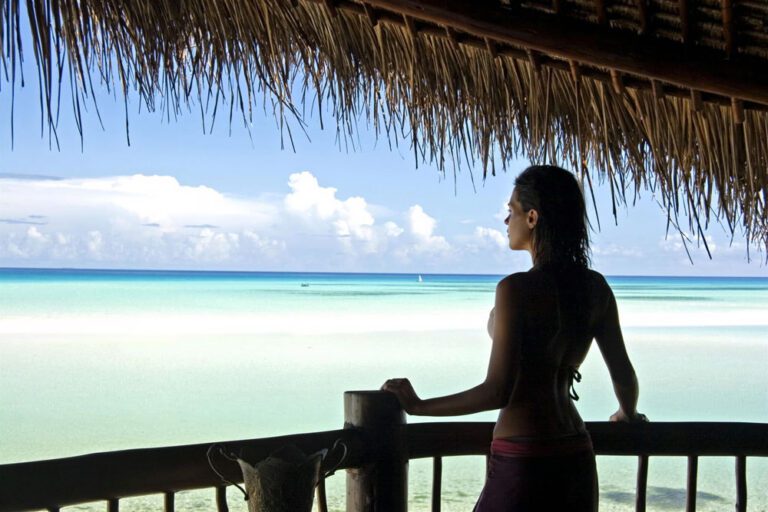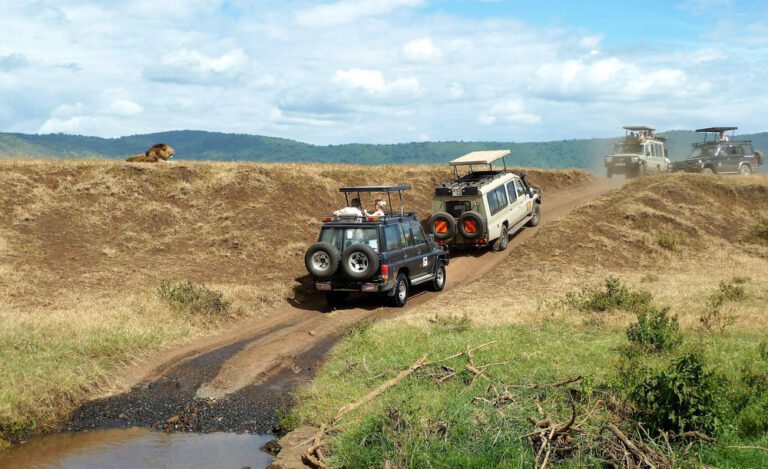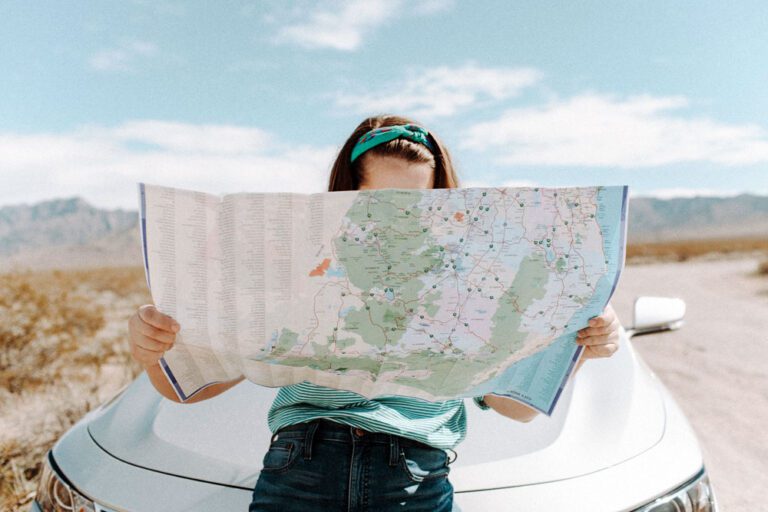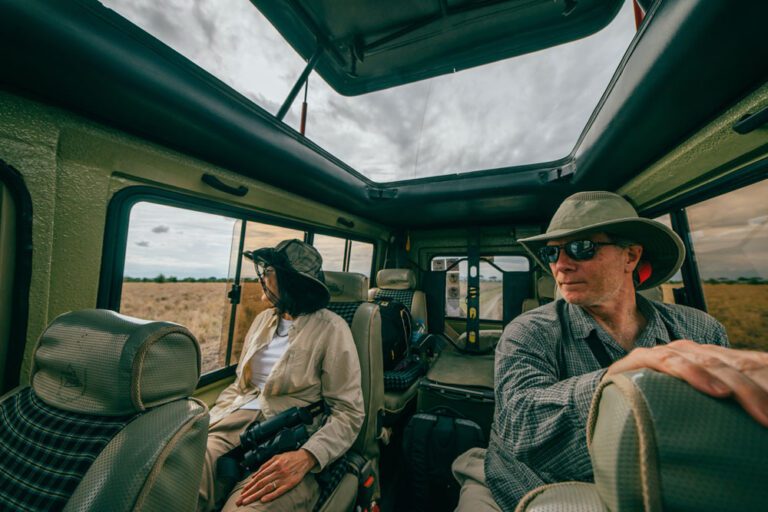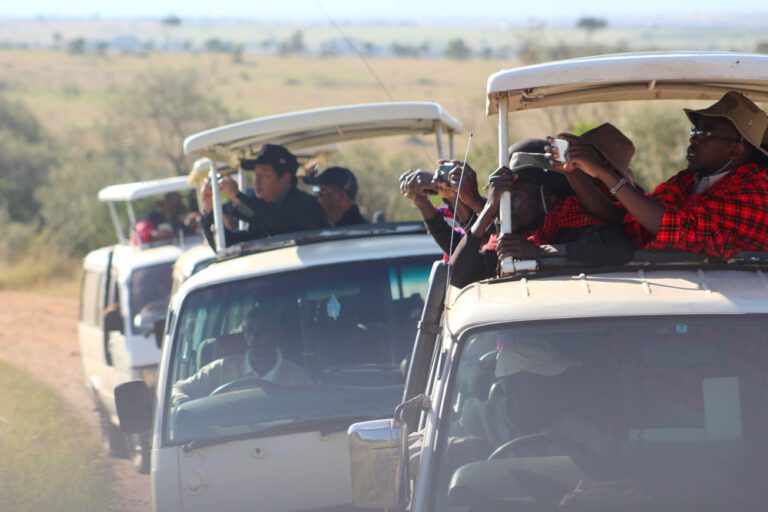Planning to Visit Rwanda? Packing Tips for Traveling to Rwanda
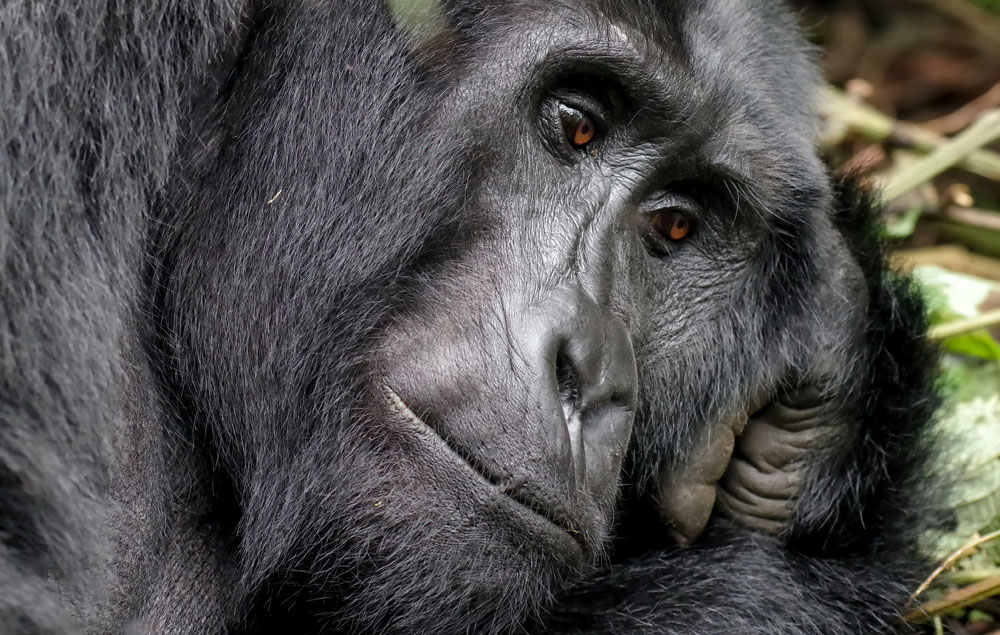
Are you planning a trip to the beautiful country of Rwanda? Known as the “Land of a Thousand Hills,” Rwanda offers incredible scenery, wildlife experiences, and cultural encounters. However, packing for a trip to Rwanda does require some special considerations.
In this blog post, I’ll share my top tips for what to pack for a trip to Rwanda. With the right items in your bag, you’ll be prepared for an adventure in this amazing country!
Clothing
Let’s start with clothing, one of the most important categories for packing. Rwanda sits close to the equator, so temperatures stay relatively warm and consistent year-round. You’ll want lightweight, breathable clothing.
However, temperatures can drop in the evenings and at higher elevations, so bringing some layers is advised. Here are my clothing recommendations:
Shoes
Let’s move on to footwear. Having the right shoes can make all the difference in comfort and safety:
Bug Protection
Mosquitos and other insects are prevalent across much of Africa. Packing effective bug protection is vital. Here are some tips:
Sun Protection
The equatorial sun is extremely strong. Make sure to pack plenty of sun protection:
Electronics
Cameras are a must to capture incredible wildlife and scenery. Here are some electronic tips:
Medicines & Toiletries
Taking precautions with food, water, and medications is crucial in Rwanda:
Money Matters
Rwanda’s currency is the Rwandan franc. Here are some money tips:
Bonus Tips
And a few final miscellaneous tips:
With the proper preparation, you’re sure to have an incredible trip to Rwanda. Travelers must respect Rwanda’s culture, conserve its natural beauty, and enjoy its warm hospitality.
I hope these packing tips help you make the most of your time exploring Rwanda – the land of a thousand hills!
Key Takeaways
Frequently Asked Questions
Q. What should I wear during gorilla/chimp trekking?
A. For gorilla and chimp tracking, wear lightweight, muted colors like olive, khaki, or gray. Long sleeves and pants help protect against bites/stings. Waterproof hiking boots with ankle support are critical for muddy, slippery terrain. Avoid loud prints or colors that could disturb the primates. Bring rain gear too.
Q. What vaccines are recommended for Rwanda?
A. The CDC recommends typhoid, hepatitis A, yellow fever, and rabies vaccines for Rwanda. Malaria prevention medication is highly suggested. Ask your doctor about other routine vaccines and any prescription medication you may need like antibiotics. Be sure to get vaccines/medicine 4-6 weeks before departure.
Q. How much spending money should I take to Rwanda?
A. It depends on your trip length and if you plan to splurge on any activities. Budget $60-100 per day outside of lodging, with extra for souvenirs, tours, crafts, etc. Have at least $200 in U.S. cash for arrival expenses like tipping. Carry more cash for remote areas where ATMs are sparse. Plus funds for visas.
Q. Is Rwanda safe for tourists?
A. Yes, Rwanda is very safe, especially in recent years. Serious crimes are uncommon. Take usual precautions like avoiding deserted areas at night, concealing valuables, using hotel safes, and avoiding confrontations. Hiring a guide provides additional security. Inform your family of your itinerary. Rwanda is safer than many African nations.
Q. What should I do about plastic bag regulations?
A. Since 2008, the production and import of plastic bags is illegal in Rwanda. Travelers cannot bring plastic bags into the country. Bring reusable canvas/cloth bags or purchase local handmade ones. Some lodges provide laundry bags for dirty items. Be prepared to go bagless on arrival.
Q. How do I avoid malaria?
A. Prevent malaria by taking prescription medication before, during, and after your trip. Use insect repellent and sleep under a treated mosquito net. Wear long clothing at dawn/dusk when mosquitos are active. Limit exposed skin that’s susceptible to bites. If you develop flu-like symptoms after returning home, get medical help to test for malaria.
Q. What type of clothing is acceptable for women?
A. Opt for conservative clothing – pants/skirts well below the knee, loose tops with capped or long sleeves. Avoid tank tops and anything tight or revealing. Bring a scarf to cover your neck and shoulders for sacred sites. A relaxed style respects cultural and religious norms. Laundry services allow you to pack lightly.
Q. Should I tip in Rwanda? Who and how much?
A. Yes, tipping is customary in Rwanda. For hotel staff, $5-10 per day. Tour guides get $10-15 per traveler per day. Tip drivers $5-10 daily. For restaurants, 10-15% is appropriate unless already added. Give porters/rangers $10-20 per client after tracking. Have small U.S. bills ready for tipping convenience.
Q. Can I drink tap water in Rwanda?
A. No, avoid drinking tap water in Rwanda to prevent illness. Only drink bottled, filtered, or boiled water. Let the boiled water cool before drinking it. Use tap water for brushing your teeth at your own risk – bottled water is safer. Most lodges provide purified bottled water. Drink beverages without ice cubes to reduce risk.

